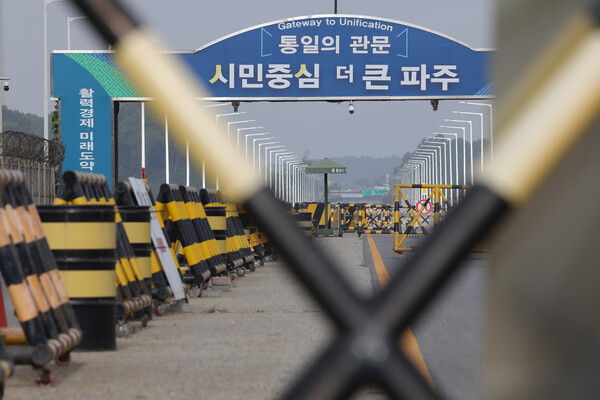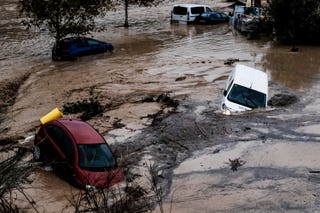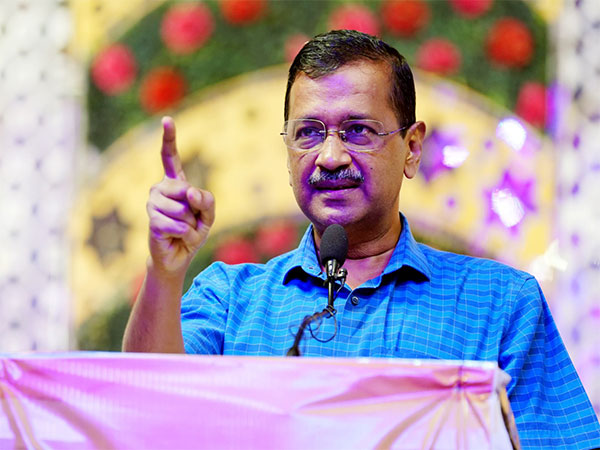
North Korea has officially designated South Korea as a "hostile state" in its newly revised constitution, according to the state-run newspaper 'Rodong Sinmun'. This marks the first detailed explanation of the constitutional changes, which reflect growing tensions on the Korean Peninsula. The North Korean government justified the amendment as an "inevitable and legitimate measure," aligning with escalating tensions between the two Koreas, which are now at their highest in years.
On Tuesday, North Korea destroyed key roads and railways connecting it to the South, an act described by state media as part of a broader effort to "thoroughly separate" the two nations. Observers see this move as largely symbolic, following North Korean leader Kim Jong Un’s earlier renunciation of unification with the South. In December 2023, Kim described inter-Korean relations as those "between two hostile countries and two belligerents at war.
" By January, he declared unification "impossible" and hinted at constitutional revisions to formalize South Korea as the "principal enemy." The amendment comes amid a series of confrontations between the two Koreas over the past year. Bruce Bennett, a defense analyst at Rand Corporation, noted that the designation of South Korea as a hostile state was a significant development.
"It increased the risks of confrontation and the potential for an escalation spiral," Bennett told the BBC. He also highlighted the continued threats from Kim Jong Un and his sister regarding the use of nuclear weapons against both South Korea and the United States. Many analysts had anticipated that North Korea would announce changes to its unification and border policies at the Supreme People’s Assembly (SPA) meeting last week.
However, these constitutional revisions were not revealed until now. Despite the heightened rhetoric and provocations, experts remain doubtful that the situation will lead to a full-scale war. "I don’t believe it will escalate to that level," said Professor Kang Dong-wan of Dong-a University in Busan.
"North Korea is using military confrontation as a means to strengthen internal unity." Professor Kim Dong-yup of the University of North Korean Studies in Seoul also questioned North Korea’s ability to initiate a large-scale conflict. "The regime is fully aware of the grave consequences such a war would bring," he said.
The changes come as tensions between the North and South continue to rise, but the prospect of full-blown conflict remains uncertain..










